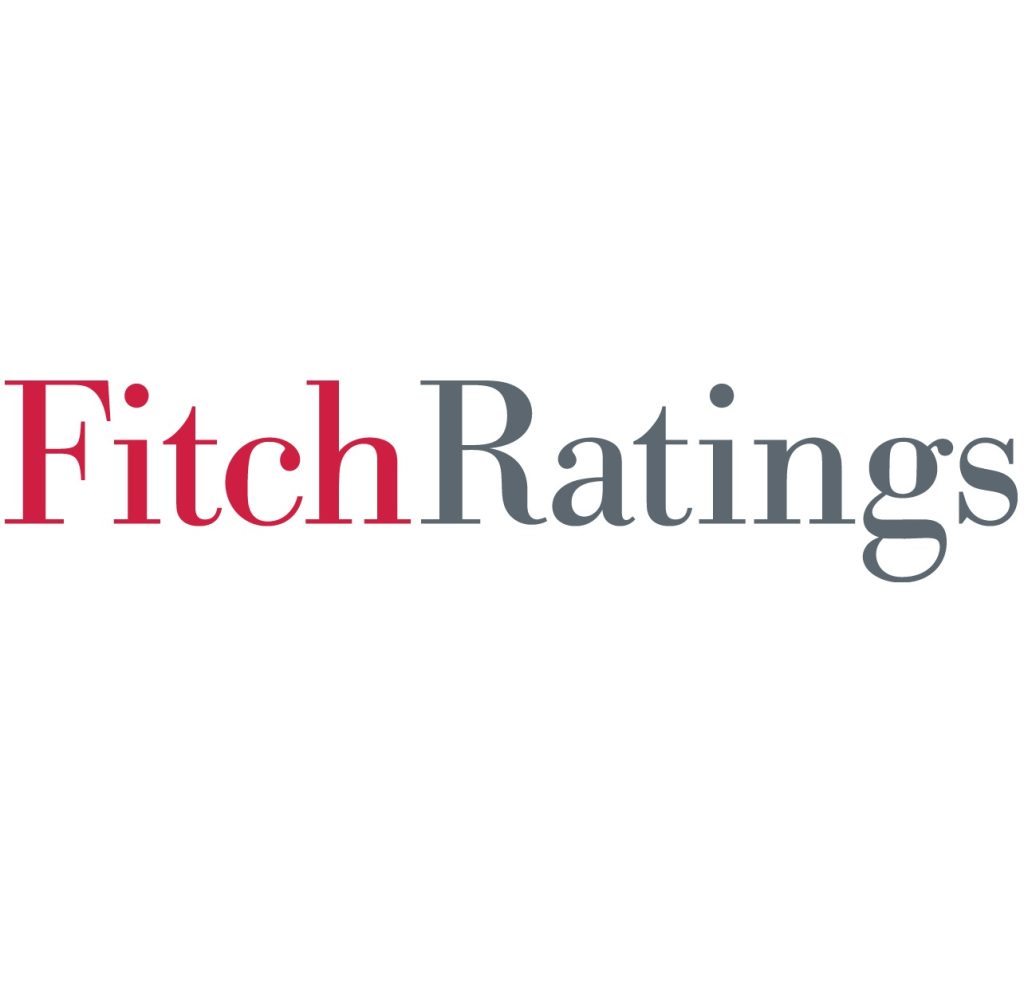Entrepreneurship and steady economic growth have been the backbone of prosperity in the US and UK. However not all segments of society have equitable access to funding or the opportunity to benefit from economic growth. The global pandemic further exposed the vulnerability of minority owned businesses that make up 29% of all US firms according to the Minority Business Development Agency (MBDA).
The STIR: Structural Barriers and Challenges Facing Minority Owned Businesses
Join our panel of experts as we discuss key factors in starting and sustaining a business, as well as how SME can participate in the green transition.
Starting and Sustaining a Business
- Traditionally most startups are funded primarily from savings and equity investments, and secondarily from bank loans. For minority led business the secondary source is credit cards that typically have higher cost and are designed for short term liquidity and not funding long-term growth.
- A study by J.P Morgan found that only 6% of small businesses in a majority Black communities and 11% of small businesses in majority-Latinx communities have more than 14 days of emergency cash, compared to 65% in majority white communities.
Participation in the Green Transition
- Small and medium-sized enterprises (SMEs) represent approximately 90% of the world’s businesses and 99% of businesses in the U.S, and according to OECD estimates contribute to 60-70 percent of total industrial pollution.
- According to a recent SME Climate Hub survey, only 60% of SME respondents have an emission reduction plan in place with over 60% lacking skills and knowledge and nearly 70% lacking the necessary funding.
- Reducing the impact of SME’s on the environment is the key success factor in greening the economy while we ensure that minority led businesses are included in the wave of the green transition.
Key questions to be addressed by the panel include:
- How to improve access to capital for minority owned businesses?
- How can your organization improve your supplier diversity pipeline and what best practices can you adopt to be more inclusive of minority owned businesses?
- For larger corporations, how can your corporate strategies align to help support energy transition for small businesses in your ecosystem? Vendor selection is not only about capital and convenience but can serve to achieve larger sustainability goals. How can your company set up a carbon assessment as part of your vendor selection process? For small and medium size businesses, how to effectively measure your emissions and help meet your emission reduction goals in cost effective ways?

Event Details
|
Date |
Wednesday, March 1st |
| Time | 11:00 am – 12:00 pm EST
4:00 pm – 5:00 pm GMT |
|
Platform |
Zoom |

Anthony Casciano
President & CEO, Siemens Financial Services
To learn more about Anthony, click here.

Joann J. Hill
Chief of the Office of Business Development, Minority Business Development Agency (MBDA)
To learn more about Joann, click here.

Wesley Rashid
CEO & Co-founder, Accountancy Cloud
To learn more about Wesley, click here.

Dujon C. Smith
Global Co-Lead, Black Founder’s Development Program, Accenture
To learn more about Dujon, click here.
Learn more about “The Stir,” BAB’s diversity, equity and inclusion series here.






